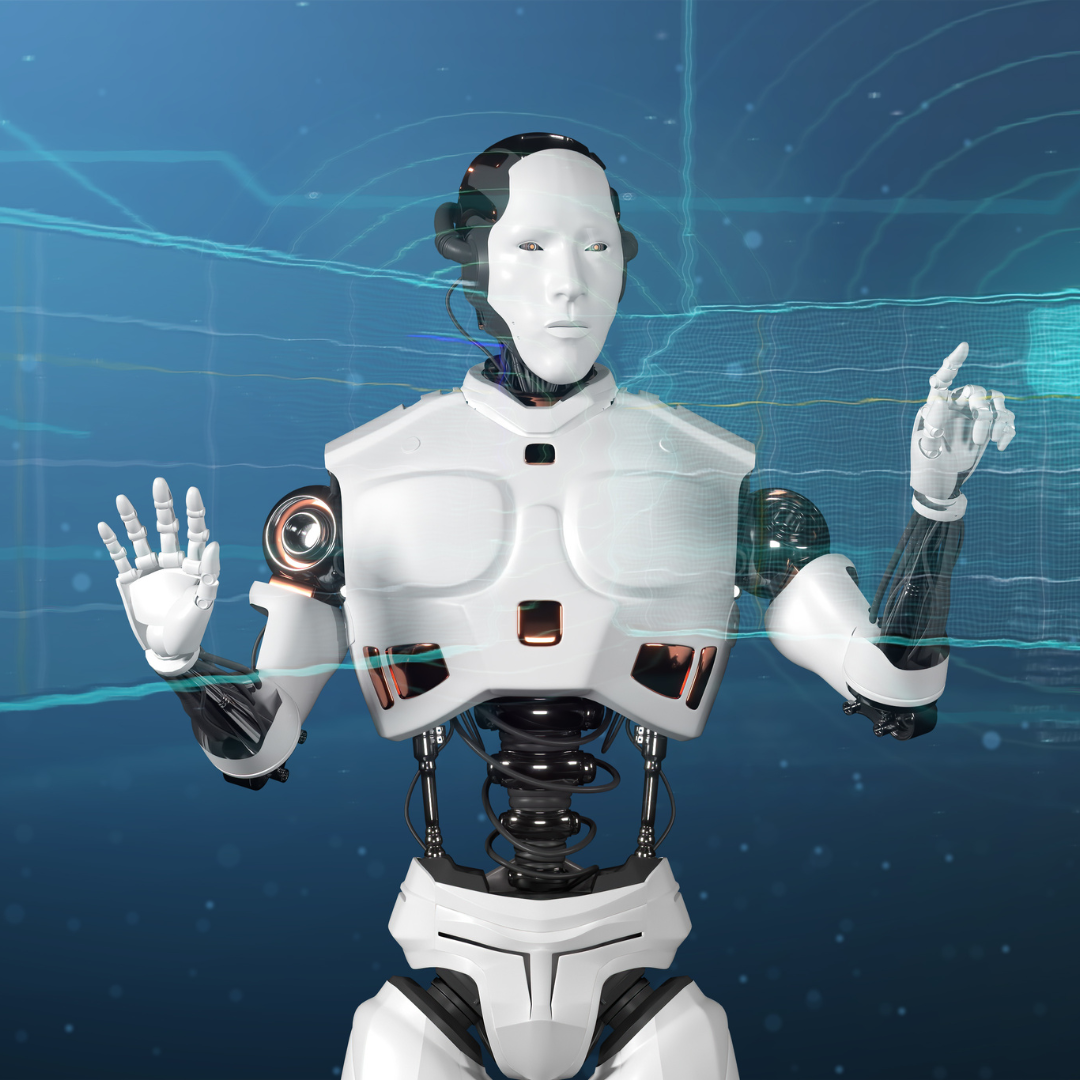The rise of artificial intelligence (AI) has spurred heated disputes over its ability to disrupt a variety of businesses. One such discussion concerns whether AI would eventually replace creative writing. While AI has made considerable progress in text generation, it is critical to recognize the limitations and distinguishing characteristics that human creativity brings to the table.
When requested to generate writing in specific styles or genres, AI language models can deliver astonishing results. They can copy the patterns and structures of human-written works, resulting in coherent and engaging narratives. However, AI’s ability to comprehend and communicate the complexities of human emotion, experience, and viewpoint remains a difficulty.
Humans have a great capacity for empathy, inventiveness, and intuition that AI currently lacks. These characteristics allow us to write stories that emotionally connect with readers, eliciting a wide range of feelings and thoughts. AI, while capable of digesting massive quantities of data and producing writing based on patterns, cannot reproduce the subjective experiences and distinct views that form human creativity.
Furthermore, the creative process is typically untidy and nonlinear, requiring experimentation, intuition, and the courage to take risks. While AI is efficient and systematic, it may fail to embrace the spontaneity and serendipity required to create revolutionary works of art.
However, it is very important to recognize that AI can be an effective tool for writers. It can help with activities like research, ideation, and editing, freeing up time for more creative projects. AI can also provide inspiration by introducing new concepts or ways.
Finally, the future of creative writing is likely to be a cooperation between humans and AI. While AI may be capable of producing language that is indistinguishable from human-written work in certain situations, it is unlikely to totally replace the distinct features that human creativity brings to the table. As AI technology advances, writers must adapt and learn how to maximize its potential while keeping their own artistic vision.
In conclusion, while artificial intelligence has the potential to transform the way we generate and consume material, it is unlikely to replace the human element in creative writing. Understanding, empathizing, and imagining is a distinctively human trait that will continue to be recognized in the coming years.

